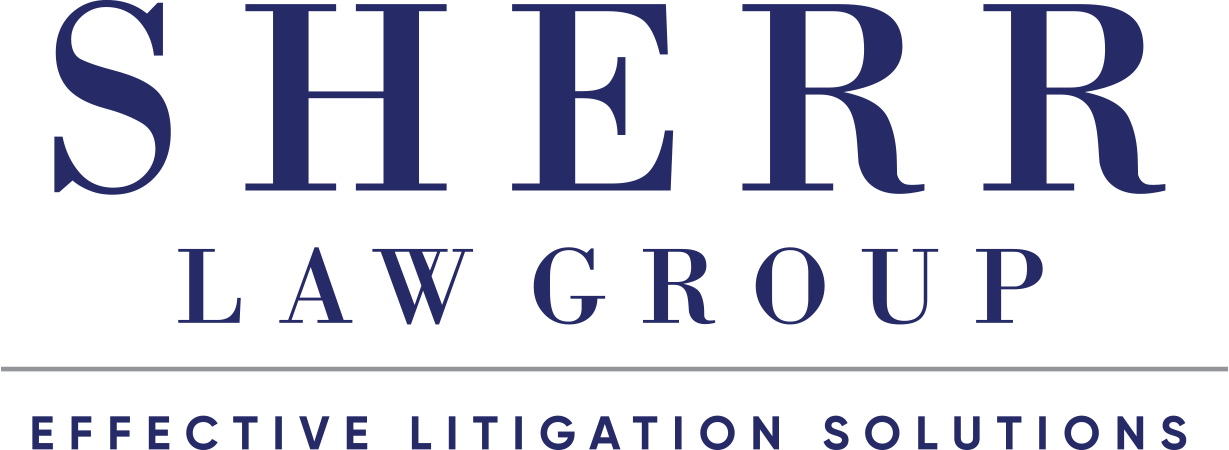E-commerce has revolutionized the way consumers buy products, offering convenience and an expansive marketplace. However, as online shopping continues to grow, so does the legal complexity surrounding product liability. When a consumer is injured by a defective product purchased online, determining who is responsible can be challenging. Traditionally, manufacturers and retailers bore responsibility for product defects, but in the digital marketplace, third-party sellers, online platforms, and manufacturers may all play a role.
Understanding online product liability is crucial for consumers, third-party sellers, and e-commerce platforms alike. Courts and lawmakers are grappling with how to apply traditional product liability principles to online marketplaces, which often act as intermediaries rather than direct sellers. The question of who is liable for defective products sold online depends on several factors, including the role of the online platform, the nature of the seller, and the specific product defect.
Understanding Online Product Liability
Product liability laws are designed to hold manufacturers, distributors, and retailers accountable for selling defective or dangerous products. These laws generally fall under three categories: design defects, manufacturing defects, and failure to provide adequate warnings or instructions. When a defective product causes harm, liability may rest with any party in the supply chain.
In traditional retail, liability often falls on the manufacturer or the retailer that sold the product directly to the consumer. However, online marketplaces complicate this framework. Unlike brick-and-mortar retailers that stock and sell products directly, e-commerce platforms often facilitate transactions between consumers and third-party sellers. This has led to legal debates over whether platforms like Amazon, eBay, and Walmart should be held accountable when defective products are sold through their sites.
Third-Party Seller Liability and E-Commerce Platforms
A major legal question in e-commerce product liability is whether online marketplaces can be held responsible for defective goods sold by third-party vendors. Many platforms argue that they are merely intermediaries that provide a space for independent sellers to list products, rather than acting as direct sellers themselves. This distinction has been at the center of several legal battles.
In some cases, courts have ruled in favor of holding online platforms liable. For instance, a California appellate court ruled in Bolger v. Amazon.com that Amazon could be considered a seller and therefore liable for injuries caused by a defective laptop battery sold by a third-party vendor. The court reasoned that Amazon played an integral role in the transaction, including processing payment and storing and shipping the product. Similar rulings have emerged in other states, indicating a shift toward increased accountability for online marketplaces.
However, other courts have upheld the traditional view that third-party seller liability rests solely with the individual vendor, not the platform hosting the sale. This inconsistency in legal rulings means that whether an online marketplace is liable for a defective product depends largely on the jurisdiction and specific circumstances of the case.

Who is Liable for Defective Products Sold Online?
Determining liability for defective products sold online depends on several key factors, including the seller’s role in the transaction, the online platform’s involvement, and the jurisdiction’s approach to e-commerce liability.
Manufacturers are generally the first in line for liability when a product is defective. If a design or manufacturing flaw leads to injury, the company that produced the item can be held responsible. This is true whether the product was sold in a physical store or through an online marketplace.
Third-party sellers, who list and sell products independently on online platforms, may also be liable if they knowingly sell defective or unsafe goods. However, enforcing legal claims against third-party sellers can be difficult, especially if they are based overseas or lack the financial resources to cover damages. Many sellers operate under different legal jurisdictions, making it harder for injured consumers to seek recourse.
Online platforms play a growing role in product distribution, but their liability varies based on how much control they exert over the transaction. If a platform takes an active role in warehousing, shipping, or marketing a product, courts may be more inclined to hold it accountable. Conversely, platforms that act as passive facilitators, allowing independent vendors to list items without overseeing fulfillment, are more likely to avoid liability.
Challenges in Holding Online Marketplaces Accountable
One of the biggest challenges in assigning liability for defective products in e-commerce is the lack of regulatory uniformity. In the United States, different states have taken different approaches to whether online platforms should be considered sellers under product liability laws. Some courts have ruled that these companies bear no responsibility for third-party transactions, while others have argued that they should be treated as sellers when they facilitate and profit from sales.
Internationally, some countries have stricter consumer protection laws that hold online platforms more accountable for third-party seller liability. The European Union has imposed regulations that require online marketplaces to ensure that the products sold on their platforms meet safety standards. In contrast, the United States has yet to establish a consistent legal framework for e-commerce product liability, leaving many cases to be decided on an individual basis.
Another challenge is the difficulty of enforcing legal action against third-party sellers. Many sellers on major e-commerce platforms are based in foreign countries, making it difficult for consumers to pursue legal claims. If a seller lacks a physical presence in the United States, holding them accountable for a defective product may be nearly impossible. This has led to increasing pressure on online marketplaces to take responsibility for the goods sold on their platforms, particularly when third-party vendors are unreachable or unresponsive.
Steps Consumers and Businesses Can Take to Protect Themselves
Consumers can take proactive steps to reduce the risks associated with purchasing products online. Researching sellers, reading customer reviews, and verifying whether a product meets safety standards before purchasing can help prevent issues. Additionally, checking whether a product is fulfilled by the e-commerce platform itself may indicate a higher level of oversight and accountability.
Businesses operating as third-party sellers should ensure that their products meet safety regulations, provide clear warning labels and instructions, and maintain product liability insurance to protect against legal claims. Additionally, sellers should stay informed about evolving e-commerce product liability laws to mitigate potential risks.
Online marketplaces can also implement stronger screening measures for third-party sellers, requiring proof of compliance with product safety laws before allowing them to list goods. Many platforms have introduced expanded return policies and seller verification processes to enhance consumer protection. As legal challenges continue to shape liability for third-party sellers, e-commerce platforms may face increasing pressure to take a more active role in preventing the sale of unsafe products.
The Future of Product Liability in E-Commerce
As online shopping continues to expand, courts and lawmakers will likely continue to refine the legal responsibilities of manufacturers, third-party sellers, and e-commerce platforms. Some states have already introduced legislation aimed at increasing marketplace accountability, and federal regulations could emerge in the future to provide more clarity on liability for defective products sold online.
For businesses operating in the digital marketplace, staying informed about changes in product liability laws is essential. Whether they are manufacturers, third-party sellers, or online platforms, all parties involved in the e-commerce ecosystem must prioritize product safety and legal compliance.
Navigating Product Liability Litigation
Businesses facing lawsuits over the manufacturing or sale of a product must take immediate action to protect their interests. Whether you are a manufacturer dealing with product defect claims or a third-party seller facing liability issues, navigating product liability litigation requires experienced legal representation.
At Sherr Law Group, we understand the complexities of e-commerce product liability and third-party seller liability, and we provide strategic defense tailored to the unique challenges of your case. Our team works diligently to minimize financial exposure, challenge unfounded claims, and ensure compliance with evolving liability laws. If your business is facing a lawsuit related to a defective product, contact us today to discuss your legal options and develop a strong defense strategy.



